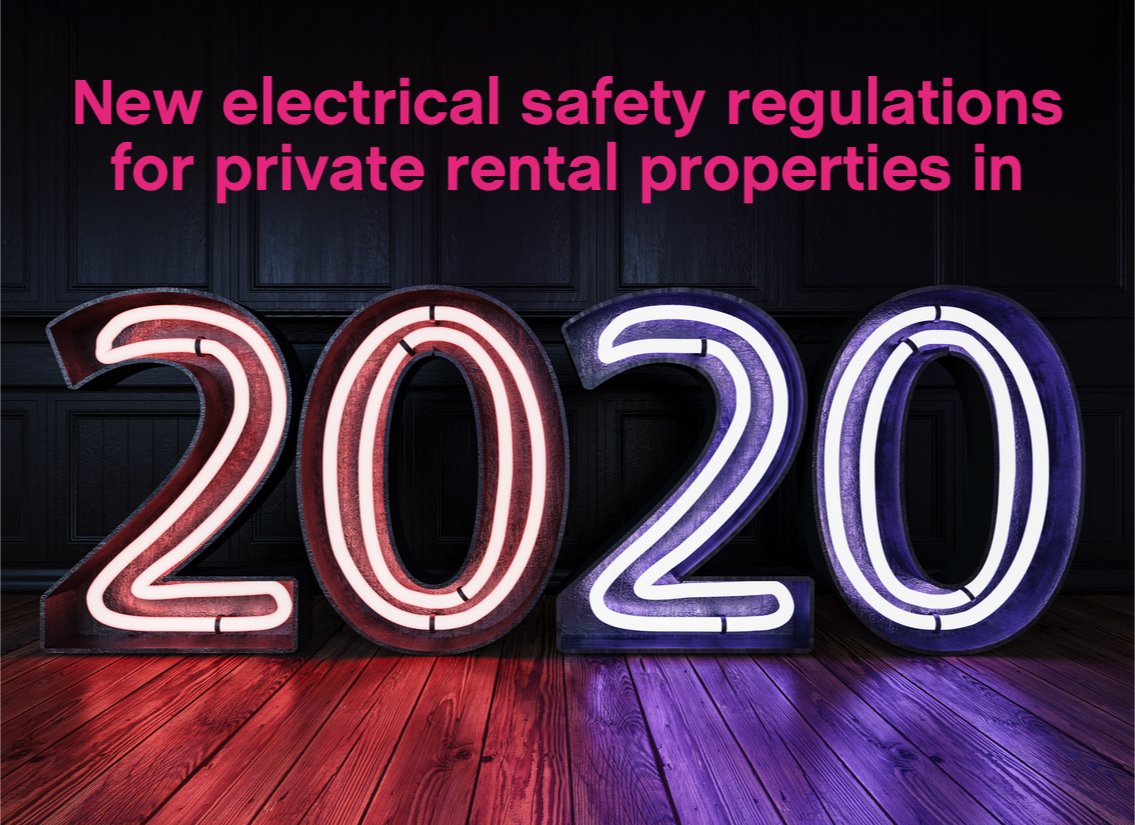9 Crown Row, Bracknell, Berkshire, RG12 0TH




Lettings Valuer
Liam attended school locally in Ascot and began his career in estate agency aged 18 in the Bracknell area. He has gone on to gain experience within the Maidenhead, Reading and Wokingham markets too. Building relationships is what Liam enjoys the most in his role, which gives him the opportunity to meet and help all kinds of people. Away from work, Liam enjoys playing football throughout the week and for a local Bracknell team on a Sunday (some say the next Sunday League Pirlo).
The best piece of advice I’ve ever been given is…
The way to get started is to quit talking and start doing.
Top of my bucket list is…
To travel around America and Australia.
On Sunday mornings, you can usually find me…
On a football pitch in all weathers – potentially a little jaded from the night before.
My guilty pleasures are…
Watching Super Sunday and the F1 whilst devouring a takeaway. Highly recommended.
The thing I like best about my job…
Helping and advising landlords on how to make the process of letting their property as stress-free as possible, and assuring tenants throughout the process so that it becomes an enjoyable and exciting experience.
The person I’d most like to go for a drink with is…
Sir Alex Ferguson.
9 Mar 2020
After years in the pipeline, new electrical safety standards for private rental properties are expected to come into force on 1st July 2020.
The legislation is likely to get the green light in the House of Commons and the House of Lords in the coming weeks.

What will the new rules mean?
Currently, landlords are obligated to keep the electrics in their properties in good working order, but there are no hard and fast rules about exactly how and when they do this.
After 1st July this is likely to change. Every fixed electrical installation in a rental property will need to be inspected and tested by a qualified electrician every five years.
This inspection process will generate what’s called an Electrical Installation Condition Report (EICR). Get used to hearing this acronym. As a landlord, you’ll be required to give each tenant a copy of the property’s EICR at the beginning of a tenancy.
Your local authority will also have the right to ask to see a copy of the EICR – a request you must comply with within seven days. And letting agents won’t be able to move people into your property unless you can provide them with one too.
What if an inspection reveals a problem?
Any issue must be remedied within 28 days – or sooner if it’s a more serious fault. The work needs to be done by a qualified person, and you need the paperwork to prove it’s been done to a high standard.
What if a landlord fails to comply?
Breach these new regulations, and you could be hit with a fine of up to £30,000. It’s also worth noting that local authorities will have the power to carry out repair works themselves – and then pass the costs, along with a hefty fine, onto the landlord.
If you don’t feel comfortable overseeing this process yourself, we can provide you with the right advice and numbers for good electricians to make sure you stay on the right side of the law.
When does it come into place?
The new rules are expected to come into effect on 1st July 2020. Any new tenancy or renewal after this date will require an electrical inspection and report (EICR). For pre-existing tenancies, you have until 1st April 2021, to get an EICR.
If you’d like more advice about this new legislation please contact our Lettings team, who are well-informed and can help guide you through the process.
Get in touch